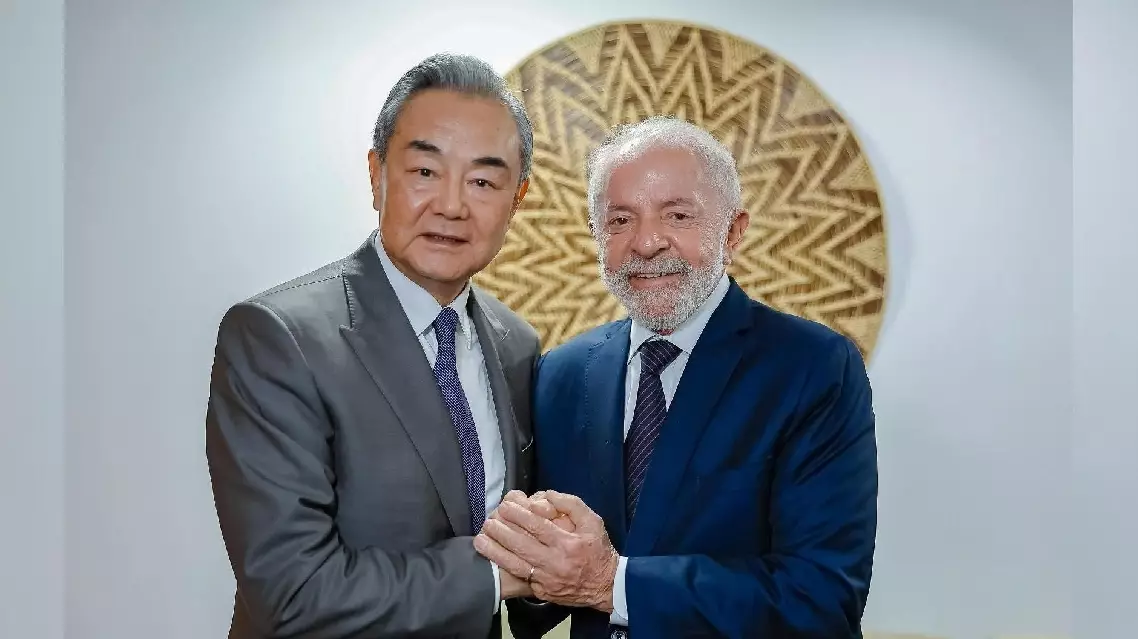A months-long egg shortage has left U.S. consumers scrambling to find affordable eggs, with some even driving across the border into Mexico.
In the Mexican border city of Tijuana, the largest local farmers' market is seeing an unusual sight as parking lots fill up with cars bearing California license plates.
"At certain stores like Walmart, 18 eggs used to maybe be a dollar-something, maybe a couple of years ago two dollars, and now the same 18-pack is nine dollars, ten dollars," said Caroline, an American shopper.
According to the latest Consumer Price Index released by the U.S. Bureau of Labor Statistics, egg prices in March hit a new record high -- 6.23 dollars per dozen. Analysts attribute the prolonged spike in egg prices largely to the avian flu outbreaks that began in 2022. But eggs aren't the only items straining household budgets.
"Before I would definitely take 50, or 60, or 80 dollars and I would bring home [groceries] for about a week or so. Now I could take that and it's only for like three days. And when she (my wife)'s gone, she's like, 'hey, did you notice that the price of the eggs or the milk or small items that you would never think that would be so pricey, that they had definitely gone up as of recent," said Casus, another American shopper.
"Me and my family and a lot of people around me, a lot of people I work with, we're just always complaining because of the prices, and we don't get paid more, and the rents going up, and all the food. So it's been difficult," said Julisa, another shopper from the U.S.
"A lot of people have to cut where they can to be able to afford necessities and that's just everybody. That's just the way of life now I feel," said Caroline.
Data from the U.S. Department of Agriculture (USDA)'s Economic Research Service shows food prices have been rising steadily since 2020. In 2022, prices jumped by 9.9 percent, the highest in nearly 40 years. Though the rate of increase slowed in 2023 and 2024, at 5.8 percent and 2.3 percent respectively, prices remain well above pre-pandemic levels.
Amid this economic strain, President Donald Trump's renewed global tariff campaign has drawn criticism for further driving up costs by increasing business expenses.
"If the U.S. continues to implement its tariff policy, its main trading partners, like Canada and Mexico, will be hurt. But ultimately, it's the American people who will bear the brunt of these decisions," said Jorge Enrique Fonseca Rodriguez, Mexican economist.

Americans cross Mexican border for groceries amid egg shortages

Americans cross Mexican border for groceries amid egg shortages

Americans cross Mexican border for groceries amid egg shortages



















































